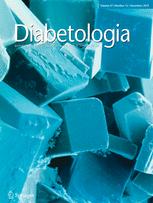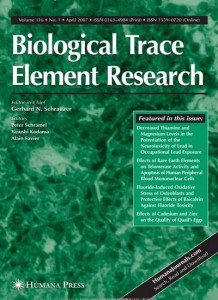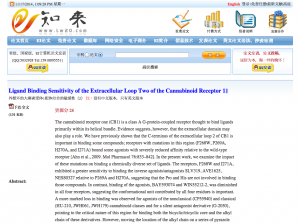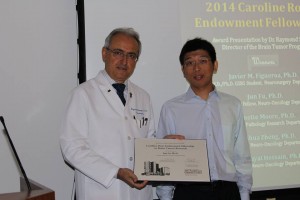 This one brings together a bunch of our favorite topics, including plagiarism, poetry, and predatory publishers. Look, alliteration!
This one brings together a bunch of our favorite topics, including plagiarism, poetry, and predatory publishers. Look, alliteration!
Richard Lawrence Etienne Barnett, who often publishes under the name R-L Etienne Barnett, has been accused of plagiarizing at least 18 articles by other scholars, mostly analyses of French poetry, as well as duplicating his own work at least eight times.
Most recently, French literary theorist Michel Charles published a dissection of Barnett’s history of plagiarism on lit crit site Fabula. Barnett had sent an article to Poétique, the poetry journal Charles edits. Charles quickly realized something was amiss (all quotes in this post were originally in French, and have been translated via Google): Continue reading Tracking down lit crit plagiarism leads to “discourses of madness”







